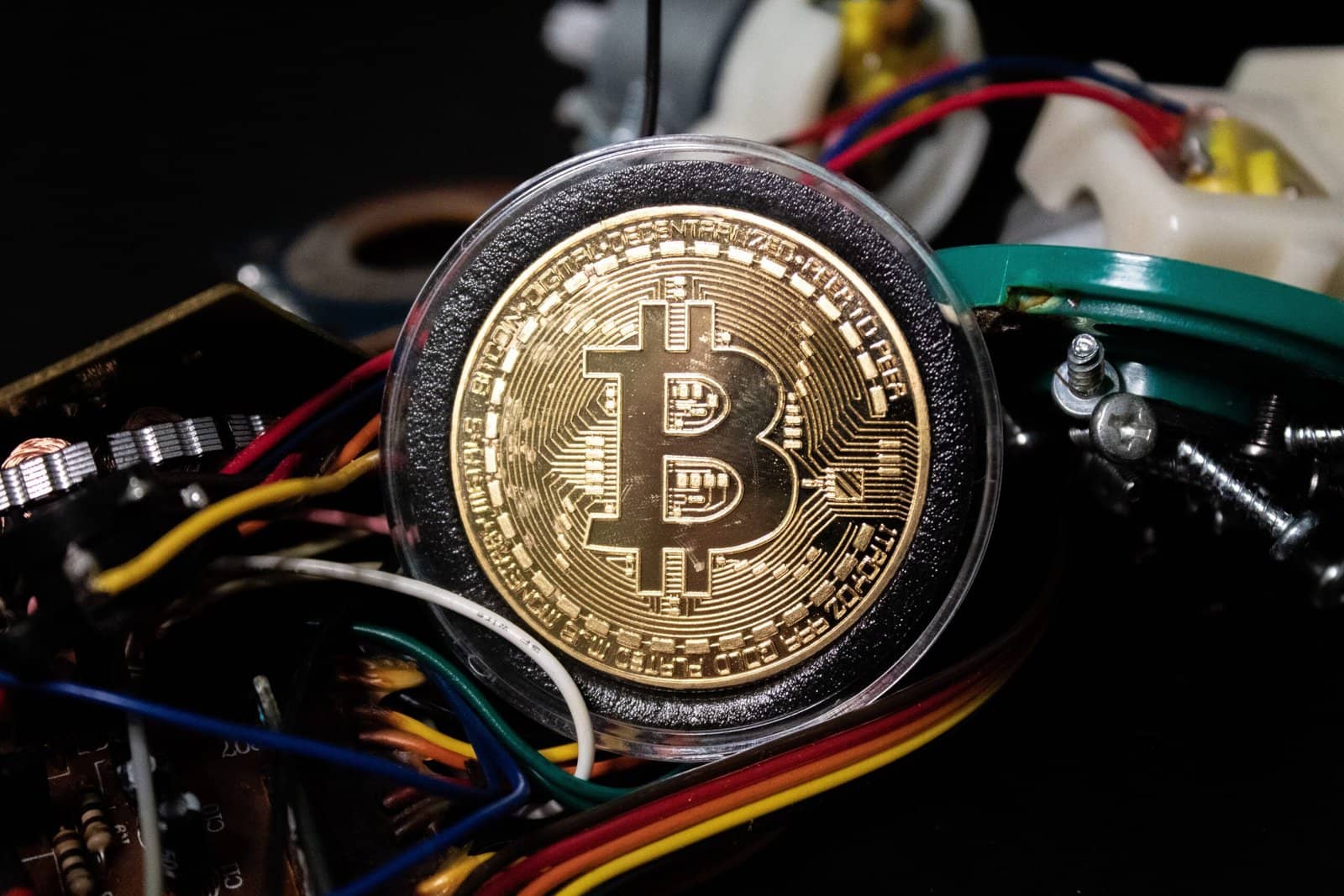What is Bitcoin Mining?
Bitcoin mining is the process of verifying and adding transaction records to the public ledger of Bitcoin transactions, known as the blockchain. Miners use powerful computers to solve complex mathematical problems that validate and secure transactions. In return for their efforts, miners are rewarded with newly minted bitcoins.

Is Bitcoin Mining Profitable?
The profitability of Bitcoin mining depends on various factors, including the cost of electricity, mining hardware efficiency, and the current price of Bitcoin. In the early days of Bitcoin, mining could be done using a regular computer. However, as the network grew, specialized mining hardware called ASICs (Application-Specific Integrated Circuits) became necessary to compete.
While mining can be profitable, it’s important to consider the upfront costs of purchasing mining equipment and the ongoing electricity expenses. Additionally, the increasing difficulty of mining and the halving of block rewards every four years can affect profitability. It’s advisable to research and calculate potential returns before investing in mining equipment.
How Do I Start Mining Bitcoin?
Starting to mine Bitcoin requires a few essential steps:

- 1. Get a Bitcoin Wallet: Choose a secure digital wallet to store your mined bitcoins. There are various options available, including software wallets, hardware wallets, and online wallets.
- 2. Choose Mining Hardware: Select the right mining hardware based on your budget and mining goals. ASIC miners are the most efficient for Bitcoin mining.
- 3. Join a Mining Pool: Joining a mining pool allows you to combine your computing power with other miners to increase your chances of earning rewards. It’s important to choose a reputable and reliable mining pool.
- 4. Install Mining Software: Install mining software compatible with your mining hardware. The software connects your hardware to the Bitcoin network and enables you to participate in the mining process.
- 5. Start Mining: Configure your mining software, connect to the mining pool, and begin mining Bitcoin. Keep track of your mining progress and earnings.
Is it Legal to Mine Bitcoin?
The legality of Bitcoin mining varies from country to country. In most jurisdictions, mining Bitcoin for personal use is legal. However, some countries have restrictions or require miners to obtain specific licenses or permits.
It’s crucial to research and understand the legal implications of mining Bitcoin in your jurisdiction. Consult with local authorities or legal professionals to ensure compliance with applicable laws and regulations.
Conclusion
Bitcoin mining plays a vital role in securing the Bitcoin network and validating transactions. While it can be profitable, it requires careful consideration of costs, hardware efficiency, and market conditions. Starting to mine Bitcoin involves obtaining a wallet, selecting mining hardware, joining a pool, installing mining software, and monitoring your progress.
Before embarking on a mining venture, it’s important to research the legal aspects of mining in your jurisdiction and ensure compliance with applicable regulations. With the right knowledge, equipment, and understanding of the market, Bitcoin mining can be a rewarding endeavor.

